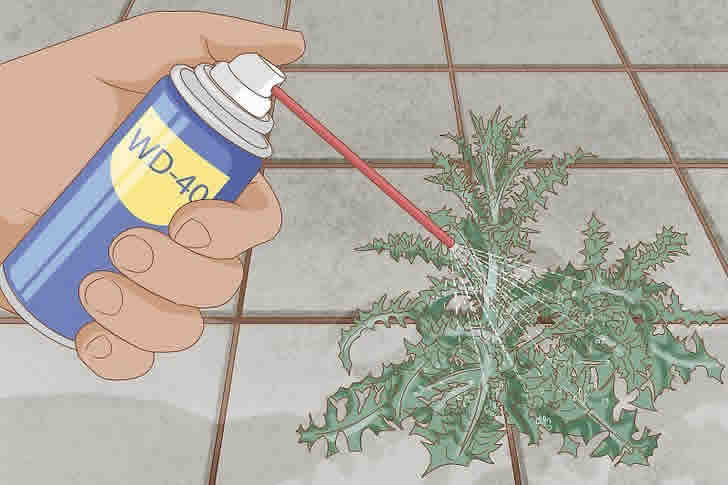Little-Known Methods for Removing Weeds
Weed removal is a constant challenge for gardeners and homeowners alike. While most people are familiar with traditional methods such as hand-pulling, hoeing, or using chemical herbicides, there are several lesser-known techniques that can be equally effective, if not more so. This article will explore some of these unconventional methods, providing you with new tools to keep your garden weed-free.

1. Flame Weeding
Flame weeding involves using a propane torch to apply direct heat to weeds, causing their cells to burst and ultimately killing the plant. This method is particularly effective for young, tender weeds and can be a quick way to deal with larger areas.
- Works best on young weeds
- Environmentally friendly as it reduces the need for chemicals
- Should be used with caution near flammable materials
2. Vinegar Solutions
Using vinegar as a natural herbicide is an old trick, but it’s not as widely used as it should be. A solution made with household vinegar (5% acetic acid) can be effective, but a stronger solution (20% acetic acid) is more potent for stubborn weeds.
- Best for sunny days as the sun enhances vinegar’s effectiveness
- Non-selective, meaning it will kill any plant it touches
- Requires repeated applications for best results
3. Solarization
Solarization is a technique where you cover the soil with a clear plastic sheet, allowing the sun’s heat to bake the soil and kill weeds and their seeds. This method is especially useful for large areas and for preparing new garden beds.
- Takes 4-6 weeks of sunny weather to be effective
- Kills soil pathogens as well as weeds
- Requires removal of the plastic before planting
4. Corn Gluten Meal
Corn gluten meal is a natural pre-emergent herbicide, meaning it prevents seeds from germinating. It’s a byproduct of corn processing and can be sprinkled on garden beds or lawns to inhibit weed growth.
- Safe for use around established plants
- Needs to be applied before weeds germinate
- Also serves as a fertilizer, adding nitrogen to the soil
Q&A Section
Q: Is flame weeding safe for all types of gardens?
A: Flame weeding is generally safe for most types of gardens, but it’s crucial to use it carefully around plants you want to keep and near flammable materials like mulch. It’s best to use this method on a calm day to avoid accidentally setting anything else on fire.
Q: Can vinegar solutions harm my soil?
A: Vinegar is highly acidic and can temporarily lower the pH of your soil. However, it usually breaks down quickly, especially if diluted with water. If you’re concerned about soil health, you can limit vinegar applications to the leaves of weeds rather than soaking the soil.
Q: How long does it take for solarization to work?
A: Solarization typically takes between 4-6 weeks of consistent sunny weather to be effective. The heat under the plastic needs to reach a level that is high enough to kill both the weeds and their seeds.
Conclusion
While traditional methods of weed removal are tried and true, these lesser-known techniques offer alternative solutions that might be more suitable depending on your garden’s needs. Whether you opt for flame weeding, vinegar solutions, solarization, or corn gluten meal, each method has its unique benefits and considerations.
References







Recent Comments